
Clara Siagian
I'm a social scientist with a particular interest in exploring how sociopolitical forces and public policies form our everyday lives and how we come to experience, perceive, and in turn shape them.My works focus at the intersection between childhood and youth study, urban politics, and social policies.
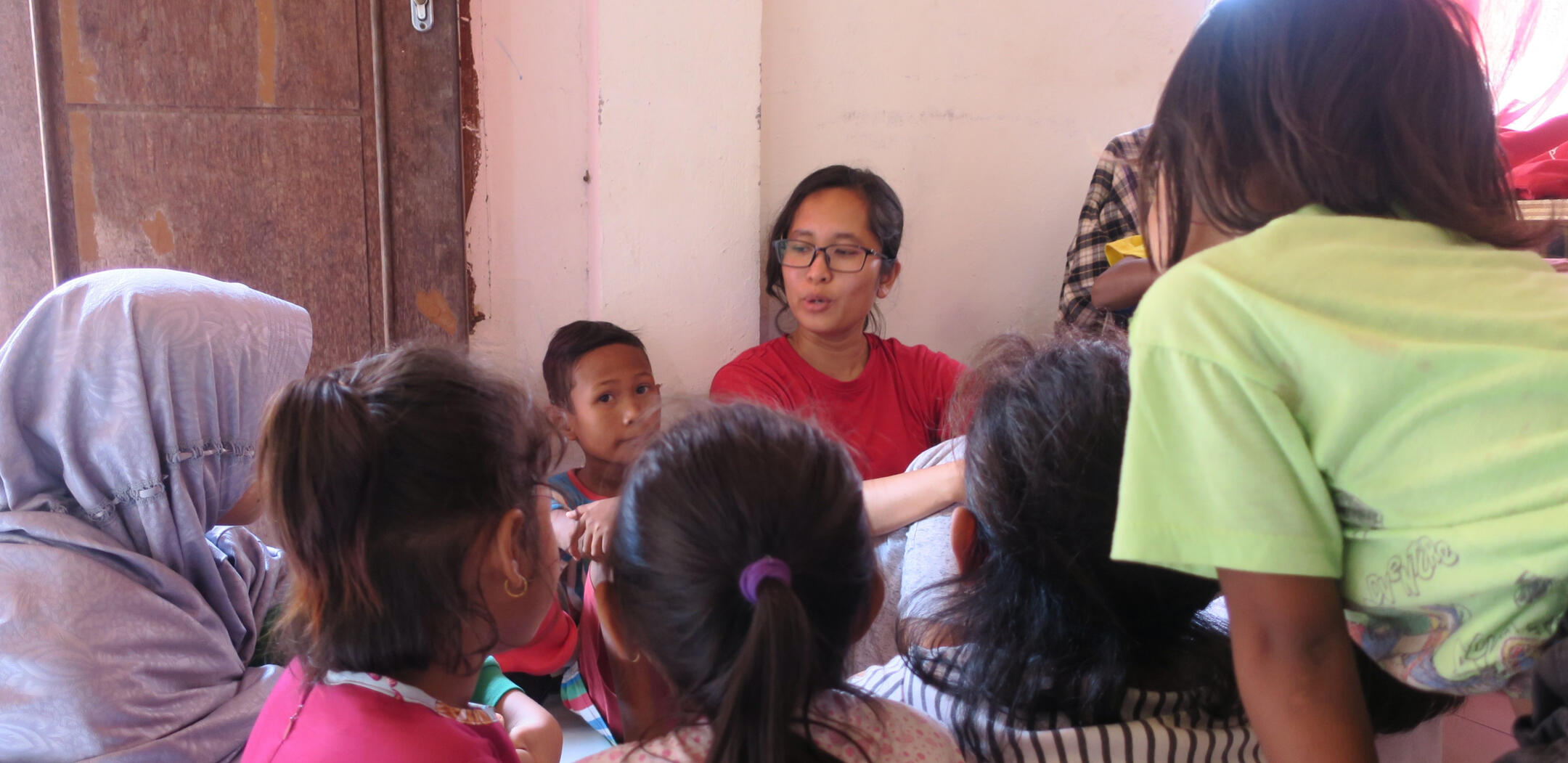
ABOUT ME
I have a decade worth of experience in investigating the intersection of childhood and youth study, social policy, and urban politics. My works include topics such as eviction and social housing, legal identity, urban childhood, childhood poverty, child marriage, and climate change.I'm a senior researcher at the Center on Child Protection and Wellbeing (PUSKAPA), Universitas Indonesia and a research affiliate with Children's Policy Center, Australian National University and Macquarie University. I'm currently finishing my doctoral degree (expected Dec 2024) at the Australian National University.In the past, I have worked with several organizations including World Bank, Global Fund, and HIVOS.
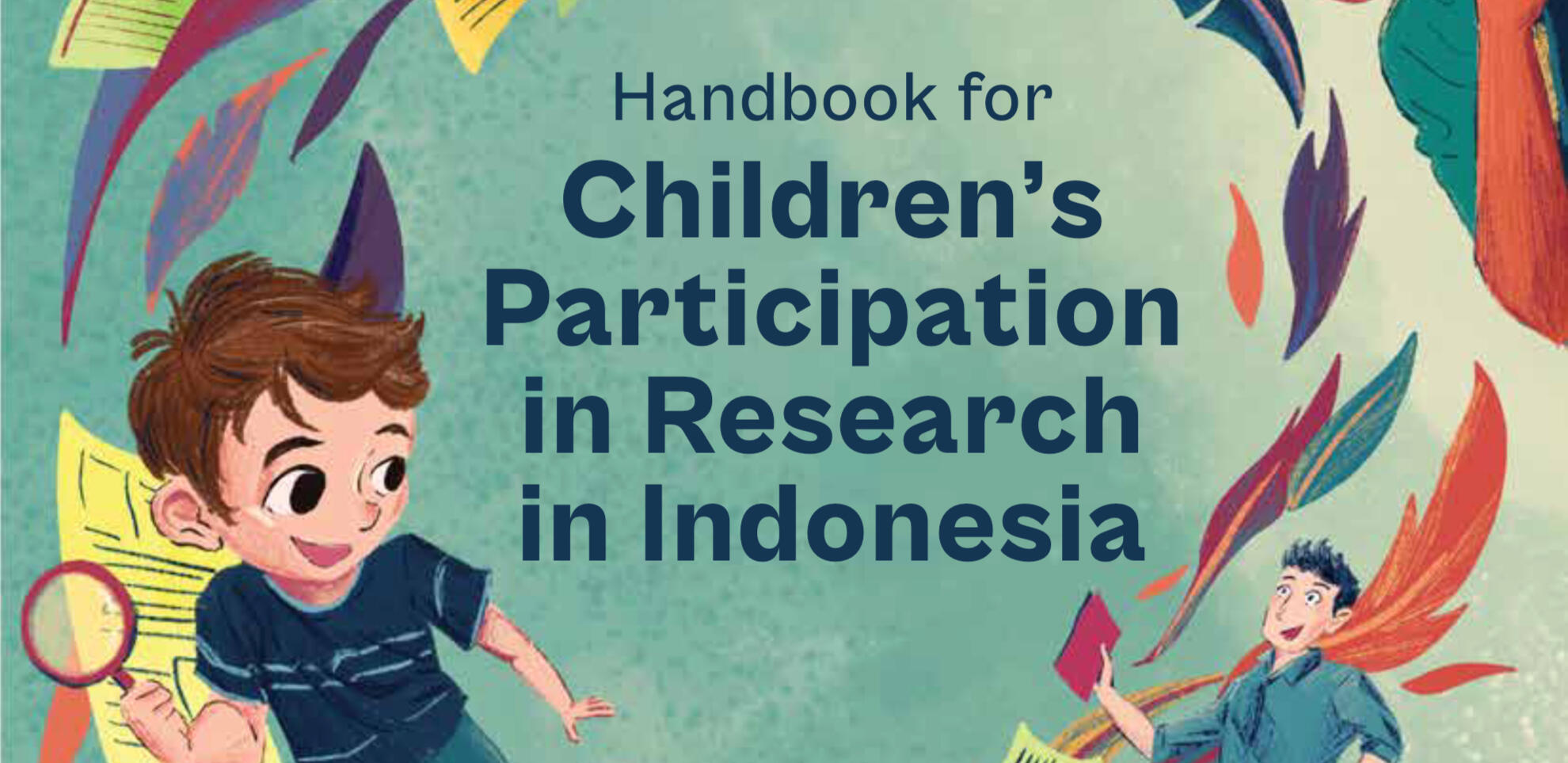
SELECTED Publications
Siagian, C (2024), Paternalistic State Care: The dynamic of COVID-19 pandemic governance in Jakarta’s rental social housing and the elusive possibility of the state care. Cities 150: 105031.
Siagian, C, Utomo, A, Muhammad, K, Cook, B (2023), Unravelled homes: forced evictions and home remaking in Jakarta. International Journal of Urban and Regional Research, 47(3): 386-404).
Siagian, C. (2022, December 6). Housed but unhomed: For Jakarta’s evicted women, social housing is a mixed blessing [Online]. The Sociological Review Magazine.
Kusumaningrum, S., C, Siagian, and H, Beazley (2021). “Children during the COVID-19 Pandemic: Children and Young People’s Vulnerability and Wellbeing in Indonesia.” Children’s Geographies, 20(4), 437-447.
Siagian, C., Habib, M, & Bennouna, C, Agastya, N.L.P., Arifiani, S.D., 2021, “Handbook on Child Participatory Research in Indonesia”, PUSKAPA and CPC Learning Network, Columbia University
Bessell, S, C, Siagian, and A, Bexley (2020). “Towards Child-Inclusive Concepts of Childhood Poverty: The Contribution and Potential of Research with Children.” Children and Youth Services Review 116 (September): 105118.
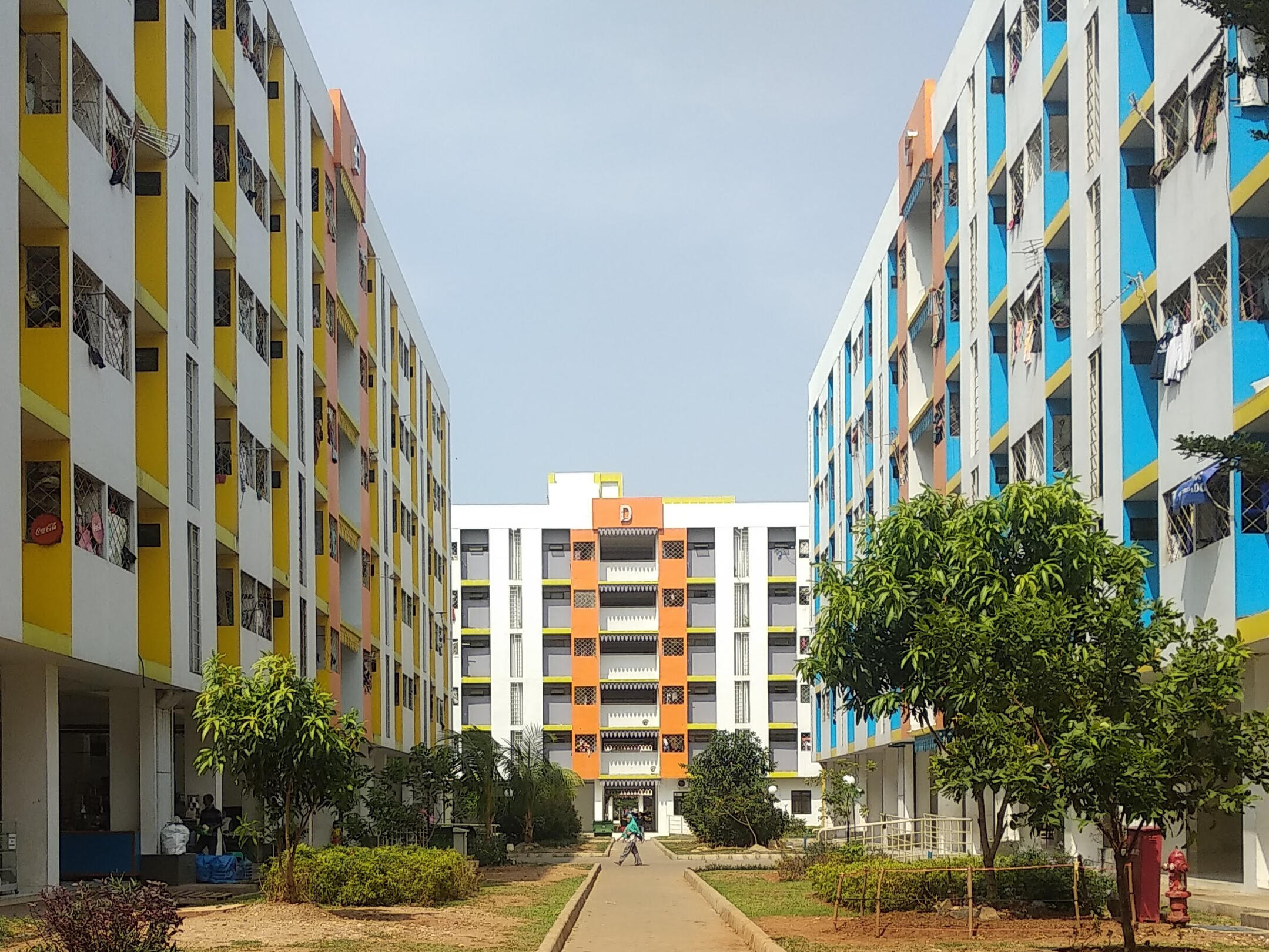
ONGOING RESEARCH
Doctoral research titled “Lodging at the government’s house: Understanding the state from the standpoint of evicted and relocated residents of Jakarta’s rented social housing” (Australian National University)
Principal Investigator for Enhancing the implementation of violence prevention and management policy in Indonesian schools, funded by Knowledge and Innovation Exchange, International Development Research Centre. (PUSKAPA, Universitas Indonesia)
Co-Principal Investigator for KONEKSI research project; collaborative research on Climate Justice and Children & Youth Vulnerabilities in Indonesia between PUSKAPA and ANU, funded by DFAT Australia. (PUSKAPA, Universitas Indonesia)
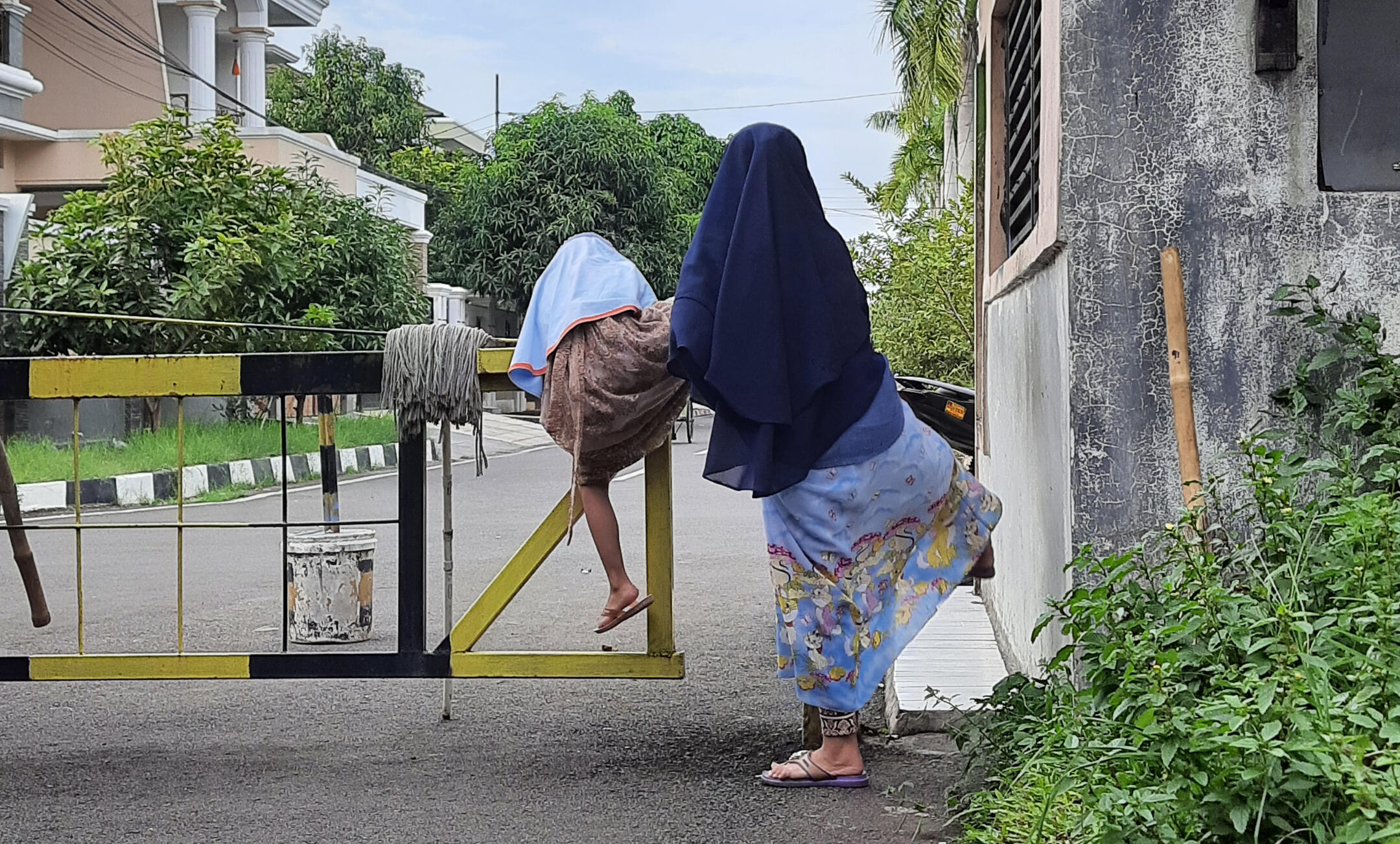
Researcher for SUARA ANAK: Reconceptualizing poverty from children's standpoint and MORE for Children, Children's Policy Center, Australian National University
Researcher for Dr. Christoph Sperfeldt's DECRA research project on access and exclusion to legal identity in Indonesia (Macquarie University)
Co-Principal Investigator for Child Marriage & Civil Registration in Indonesia, Guatemala, and Uganda; a collaborative research project between PUSKAPA and UNFPA, funded by Center of Excellence on CRVS, UNFPA New York. (PUSKAPA, Universitas Indonesia)
PUBLIC ENGAGEMENT

My presentation titled 'Housing at an Impasse' discussed the situation of rental social housing (rusunawa) in Jakarta where government relocated thousands of evicted households from their informal settlements (kampung). I argue that rusunawa has instead become a place that embodies a paradox of permanent temporality where both the residents and the government are locked in a stalemate without a clear pathway to move. Instead of improving the residents’ lives, rusunawa has instead become a costly facility for the government that confines the residents in a housing limbo, unable to move out while at the same time having no secure and permanent base for living and thriving. (my presentation starts at 1.24.40)
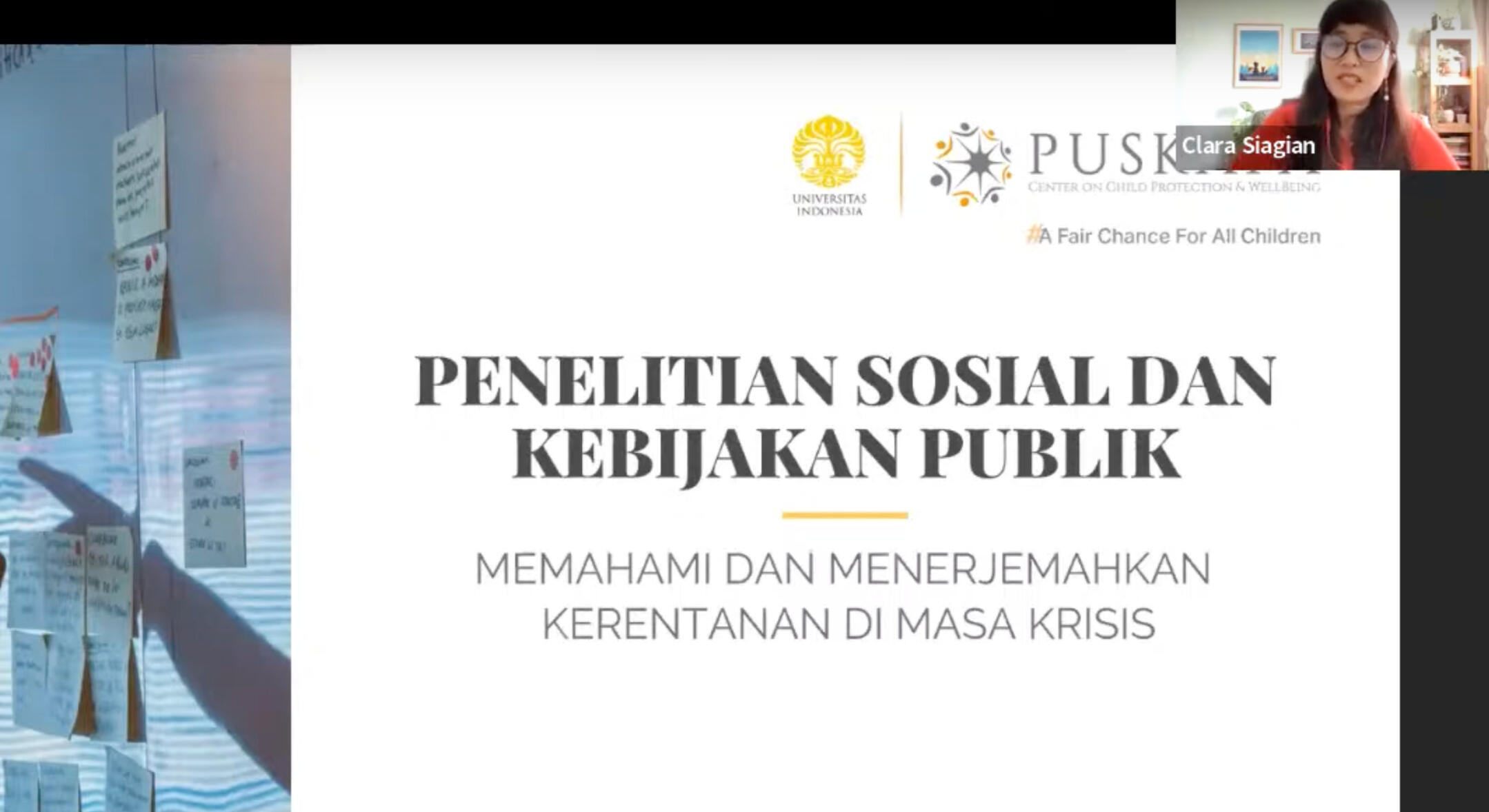
In this online webinar, I discussed the value and challenges of working with vulnerable population, including the ethics and possible methodologies of doing so, during an unprecedented and rapidly changing crisis such as COVID-19 pandemic. (My session starts at 36:00)
I acknowledge the Gadigal of the Eora Nation, the traditional custodians of this unceded land on which I live and work. I pay my respects to all Aboriginal and Torres Strait Islander Elders both past and present.


